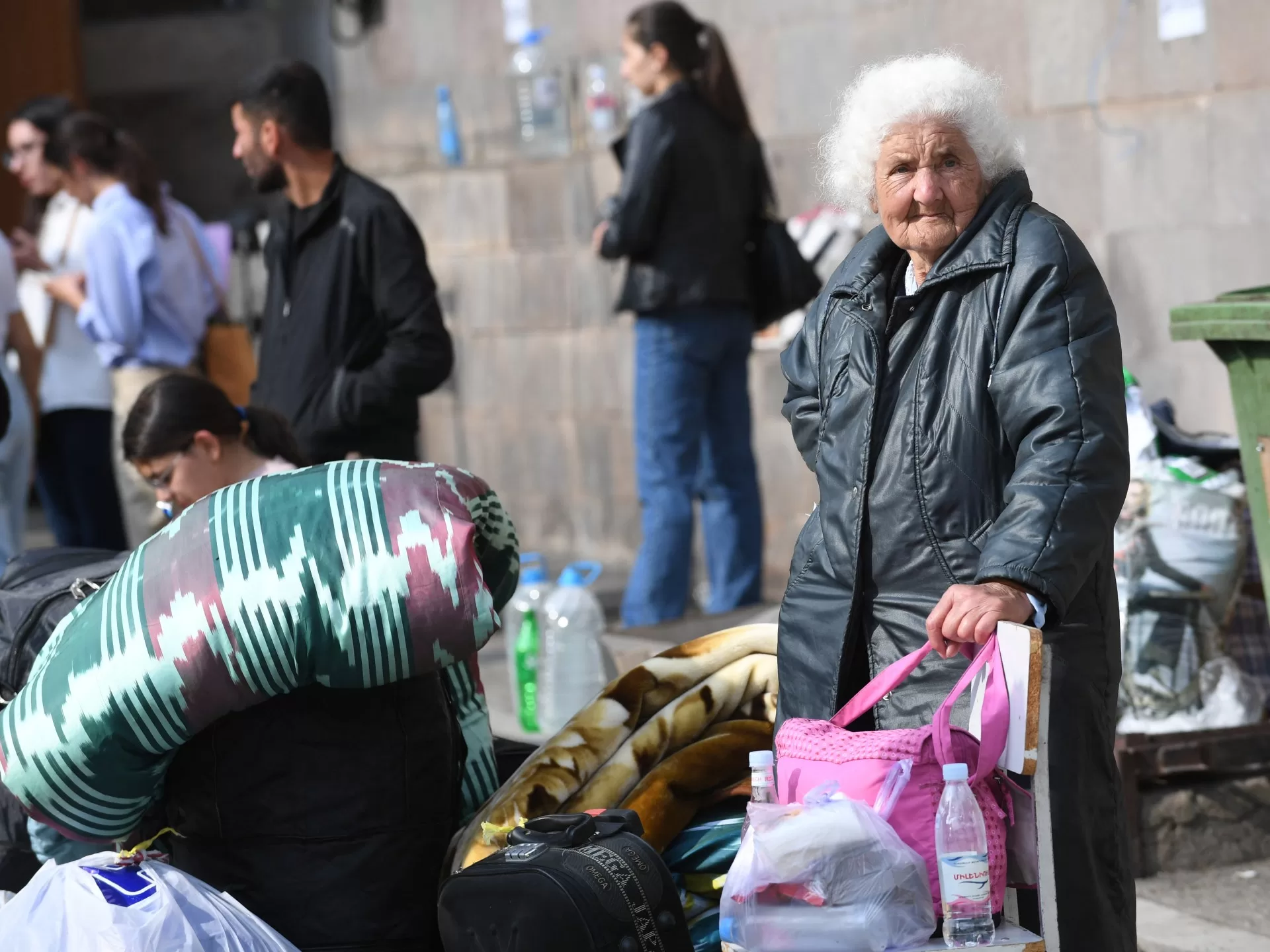The case accuses Azerbaijan of glorifying racism and allowing hate speech against Armenians.
Lawyers for Azerbaijan argued on Monday that the case does not meet the conditions of the United Nations anti-discrimination treaty on which it is based. They also claimed that the ICJ does not have the jurisdiction to rule on the issues contained in the complaint.
The two Caucasian countries have been contesting the Nagorno-Karabakh territory during the three decades since the Soviet Union collapsed. Yerevan has sought to bring international attention to the mountainous enclave since Baku took control in a military operation in September.
The ICJ case, filed by Armenia in 2021, accuses Azerbaijan of glorifying racism against and allowing hate speech against Armenians and destroying Armenian cultural sites. Baku has denied all the claims.
The case stems from a 2020 war over Nagorno-Karabakh that left more than 6,600 people dead, one of three full-scale conflicts that the pair have fought over the issue.
‘Premature’
The UN convention on stamping out racial discrimination has a clause allowing disputes to be resolved by the ICJ should bilateral talks fail to broker a settlement.
Azerbaijan’s representative Elnur Mammadov claimed to the court that Armenia had failed to “engage in negotiations with Azerbaijan in an attempt to settle” the issue and that the lawsuit was therefore “premature”.
There were “limited negotiations” but Yerevan “failed to pursue them”, Mammadov said. “From the outset, Armenia had its sights firmly set on commencing these proceedings before the court … and using the fact of these proceedings to wage a public media campaign against Azerbaijan.”
International law professor Stefan Talmon, representing Azerbaijan, added that Armenia “never gave negotiations a chance”.
He argued that “with no negotiations and no genuine attempt at negotiations, that basically is the end of Armenia’s application”.
Azerbaijan also asserted that most of the allegations in Armenia’s case fall outside the scope of the discrimination convention, meaning the court does not have jurisdiction.
Armenia is scheduled to respond on Tuesday to Azerbaijan’s arguments.
Azerbaijan also has a case against Armenia lodged with the court, alleging breaches of the same convention. Objections filed by Armenia to that case will be heard later this month.
The 2020 conflict ended with a Russia-brokered ceasefire agreement that granted Azerbaijan control over parts of Nagorno-Karabakh as well as some adjacent territories.
Azerbaijan then waged a lightning military campaign in Nagorno-Karabakh in 2023 that resulted in the vast majority of the region’s 120,000 residents fleeing.
In December, the two sides agreed to begin negotiations on a peace treaty. However, many residents of Armenia’s border regions have resisted the demarcation effort, seeing it as Azerbaijan encroaching on areas they consider their own.
